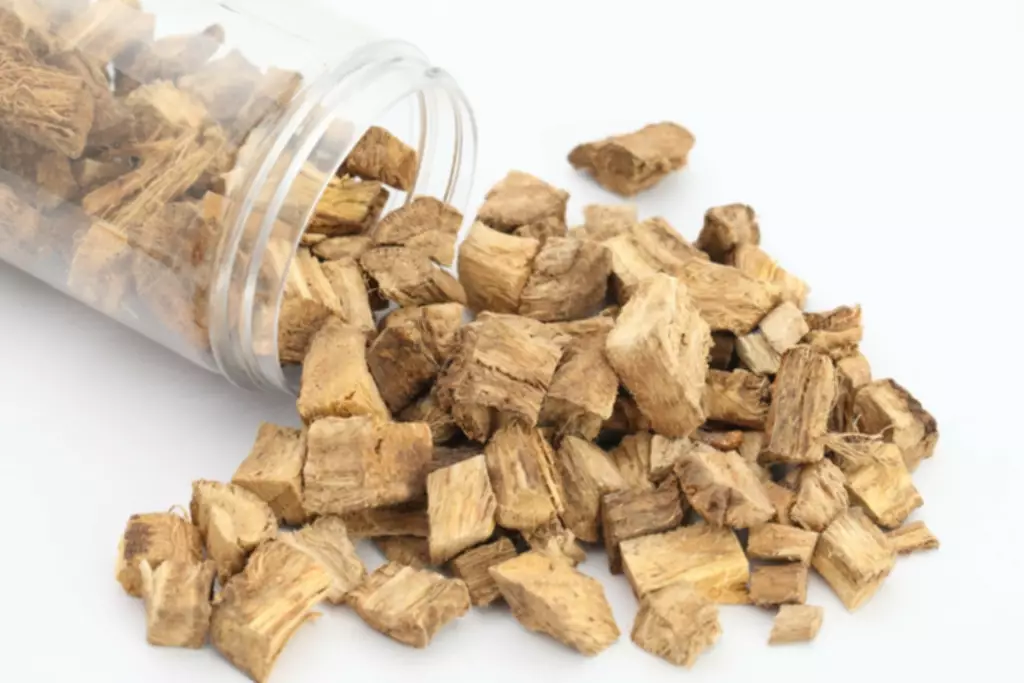
However, once you let go of the need for closure, you free yourself to be present in the moment with your full attention. Living in the moment doesn’t deplete your resources the way that living in the past tends to do. By opening up to the pain that accompanies the loss, you are allowing yourself to feel. Most importantly, don’t keep your grief hidden from those who care about you.
Treatment Can Be Life Changing. Reach out today.
According to a study in the International Journal of Preventive Medicine, both behavioral and substance-related addictions affect neurotransmitter systems in the brain. When cortisol levels rise, we often disconnect from what is happening around us and our feelings, losing our sense of awareness. This disconnection can make it even more challenging to deal with the already complex addiction issue.

The Ambiguous Loss of Loving an Addict and Letting Them Go

Loving an addict requires recognition of the ways your actions may inadvertently enable your loved one. Share your feelings and worries in a straightforward yet compassionate way. Let them know you care about their well-being and want to see them thrive. Groups like Al-Anon or Nar-Anon can connect you with others who understand what you’re going through. Sharing experiences and learning coping strategies can be incredibly helpful.
- Still, when the emotional toll of loving an addict starts to weigh heavily, something’s got to give.
- Living with an alcoholic or drug addict can seem hopeless.
- If necessary, you could fix a time for a mini ranting session to talk to them, free your mind and get to breathe again.
- Emotional detachment allows you to give yourself and your emotions some space, enabling you to make decisions without being overly influenced by emotions.
- You become desperate to “fix” the problem or find some way to make it stop affecting your life.
You can’t change them
- No one intends to become addicted to alcohol or drugs before they get their first taste.
- You may come to a point in your life where you have to let go of an addict you love.
- Recognizing these emotions is crucial for understanding and healing.
It’s a space for growth, learning, and sharing the mindful journey with others who understand the hustle of everyday life. Setting boundaries is crucial for your emotional and mental well-being. It’s an act of self-love that protects you from the destructive cycle of addiction. The good news is you’re in the right place to learn how to make important decisions for your own self-care. You don’t have to continue down the ugly path of addiction and the cycle of allowing the ongoing lies and broken promises to wreak havoc over your life. By practicing emotional detachment, you’re not just helping yourself but also creating an environment where your loved one has to face the natural consequences of their actions.


Encourage honest conversations by asking thoughtful, open-ended questions. Show empathy and avoid criticism, creating a safe space where they feel understood. For more insights, watch my recommended videos and start your journey back to sanity today. What you can do is take steps right now to ensure your safety and protect your well-being. You should also try to find things that you enjoy doing for yourself, and you should work on creating the life that you want without the inclusion of the https://ecosoberhouse.com/ addict.
Set Boundaries
This doesn’t excuse the way the addict is ruining both of your lives. It may help you unload some of the blame you’re putting on them (and yourself). Substance abusers will often lie, cheat, steal, miss work and ruin relationships.

Understanding why you choose to behave in unhealthy ways is the key to making a change. Become courageous enough to be willing to look at yourself. The Serenity Prayer can give you a helpful gauge to see whether you are trying to control people and situations that you simply cannot control. For example, learning how to set and maintain appropriate boundaries is a very important skill.
Loving an addict can lead to high stress levels and emotional turmoil, often causing a spike in cortisol levels that puts you in a fight-or-flight state. Emotional detachment is not always about avoidance or suppression, which are common emotional patterns in addiction. Make it clear that if they choose recovery, you’re all in to support them. But if they stay on this destructive path, you can’t enable them any longer. Holding them accountable is your way to regain control and stop enabling their destructive behavior. Your cortisol levels surge, preparing your body for an emotional upheaval.
How to Support Someone with an Addiction
These can range from noticeable changes in appearance and hygiene loving an addict to erratic mood swings, withdrawal from social activities, and unexplained financial issues. Setting boundaries requires clear communication and consistency. Loving someone struggling with addiction can stir up overwhelming emotions.
As time goes on, this constant state of tension starts to show. You may react in ways that don’t feel like “you.” Some people shut down completely, building drug addiction treatment emotional walls to protect themselves. Others go into desperation mode—pleading, threatening, or overreacting to small triggers. Addicts often live in a whirlwind of emotions—irritability, anxiety, anger, withdrawal, desperation. If you’re around them often, their rollercoaster becomes yours.
